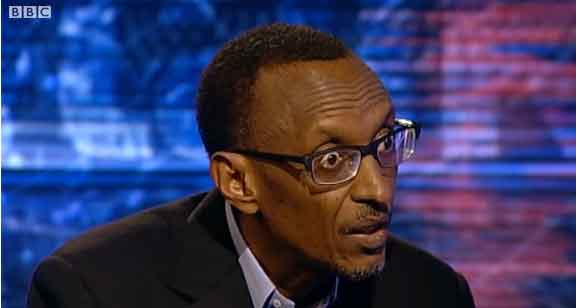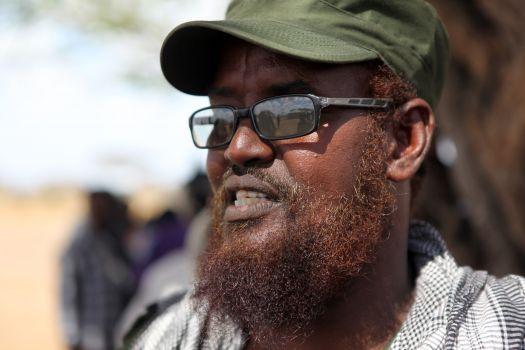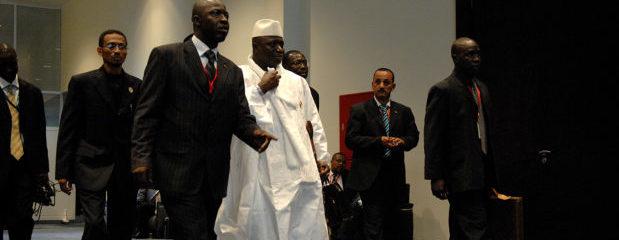Africa in the News: Kagame denies Rwandan involvement with M23

Below is the weekly Africa news update available for members of the Royal African Society. To find out about getting Africa in the News delivered to your inbox every Friday click here.
Kagame denies Rwandan involvement with M23
Paul Kagame has been in town (London/Oxford) this week. As well as doing such genuinely worthy things as talking about food security and family planning , he also consented to an interview on the BBC’s HardTalk interview programme. Zeinab Badawi pointedly questioned him on Rwanda’s current (alleged) involvement in the M23-related violence in Eastern DRC. Kagame denies the charges.
For a potted history of Rwandan involvement in Congo since the First Congo War in 1996, see the backgrounder “˜Sixteen years of intervention’ on African Arguments. For a more detailed, “˜from the ground,’ travelogue on a recent research trip to the region by Kris Berwouts click here. In the meantime, M23 representatives say they will “˜take Goma’ if killings (of civilians) continue.
South Sudan celebrated its one year anniversary since independence this week. Analysis is generally quite gloomy – see The Economist’s “˜Unhappy Birthday’ piece – and in this light, it’s interesting to consider how South Sudan came into being ie whose great idea was this?
Bec Hamiliton’s excellent feature for Reuters tells the history of “˜the council’ – small groups of Washington-based wonks and campaigners (including Jon Prendergast and Eric Reeves) – who made South Sudan a key focus for US administrations from Clinton to Obama. Alan Boswell for Foreign Policy takes a more critical view, calling current advocates for South Sudan, in light of poor governance, corruption and reckless military tactics, a “˜failed state lobby.’ For some more specific analysis of South Sudan’s progress in the last 12 months read these short contributions from the US Institute for Peace’s panel of analysts.
People seem to be worrying a lot about islamists (and possibly Al Qaeda) taking over the North of Mali. Quite apart from vandalising irreplaceable historic sites in Timbuktu the French are concerned that the Sahel could become a new base for Al Qaeda, a view that is echoed, somewhat vaguely, by this article (both in The Telegraph.) For an alternative view from Jeremy Keenan – an academic from the radical wing of Sahelian analysis (if such a thing exists) – see his recent interview on Al Jazeera (12 mins in). Regional leaders seem to be falling in to line with the Al Qaeda narrative – Niger’s President Issoufou making a bid for western assistance to help keep the lid on things in Niamey.
From the blogs:
Don’t miss Something had to give: Nigeria’s coming crisis superb analysis of Nigeria from an anonymous writer on Democracy in Africa. Also, the BBC’s Mary Harper has just landed in Mogadishu, and meets with Somalis venturing home.
Compiled by Magnus Taylor – RAS





